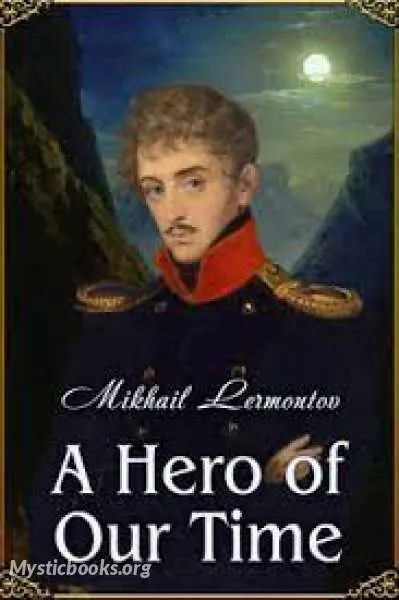
A Hero of Our Time
'A Hero of Our Time' Summary
Pechorin is the embodiment of the Byronic hero. Byron's works were of international repute and Lermontov mentions his name several times throughout the novel. According to the Byronic tradition, Pechorin is a character of contradiction. He is both sensitive and cynical. He is possessed of extreme arrogance, yet has a deep insight into his own character and epitomizes the melancholy of the Romantic hero who broods on the futility of existence and the certainty of death. Pechorin's whole philosophy concerning existence is oriented towards the nihilistic, creating in him somewhat of a distanced, alienated personality. The name Pechorin is drawn from that of the Pechora River, in the far north, as a homage to Alexander Pushkin's Eugene Onegin, named after the Onega River.[1]
Pechorin treats women as an incentive for endless conquests and does not consider them worthy of any particular respect. He considers women such as Princess Mary to be little more than pawns in his games of romantic conquest, which in effect hold no meaning in his listless pursuit of pleasure. This is shown in his comment on Princess Mary: "I often wonder why I'm trying so hard to win the love of a girl I have no desire to seduce and whom I'd never marry."
The only contradiction in Pechorin's attitude to women are his genuine feelings for Vera, who loves him despite, and perhaps due to, all his faults. At the end of "Princess Mary" one is presented with a moment of hope as Pechorin gallops after Vera. The reader almost assumes that a meaning to his existence may be attained and that Pechorin can finally realize that true feelings are possible. Yet a lifetime of superficiality and cynicism cannot be so easily eradicated and when fate intervenes and Pechorin's horse collapses, he undertakes no further effort to reach his one hope of redemption: "I saw how futile and senseless it was to pursue lost happiness. What more did I want? To see her again? For what?”
Pechorin's chronologically last adventure was first described in the book, showing the events that explain his upcoming fall into depression and retreat from society, resulting in his self-predicted death. The narrator is Maxim Maximytch telling the story of a beautiful Circassian princess, "Bela", whom Azamat abducts for Pechorin in exchange for Kazbich's horse. Maxim describes Pechorin's exemplary persistence to convince Bela to give herself sexually to him, in which she with time reciprocates. After living with Bela for some time, Pechorin starts explicating his need for freedom, which Bela starts noticing, fearing he might leave her. Though Bela is completely devoted to Pechorin, she says she's not his slave, rather a daughter of a Circassian tribal chieftain, also showing the intention of leaving if he "doesn't love her". Maxim's sympathy for Bela makes him question Pechorin's intentions. Pechorin admits he loves her and is ready to die for her, but "he has a restless fancy and insatiable heart, and that his life is emptier day by day". He thinks his only remedy is to travel, to keep his spirit alive.
Book Details
Language
EnglishOriginal Language
RussianPublished In
1840Authors
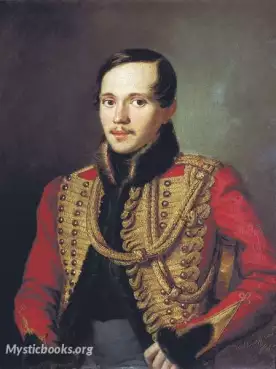
Mikhail Lermontov
Russia
Mikhail Yuryevich Lermontov was a Russian Romantic writer, poet and painter, sometimes called "the poet of the Caucasus", the most important Russian poet after Alexander Pushkin's death in 1837 and th...
Books by Mikhail LermontovDownload eBooks
Listen/Download Audiobook
- Select Speed
Related books
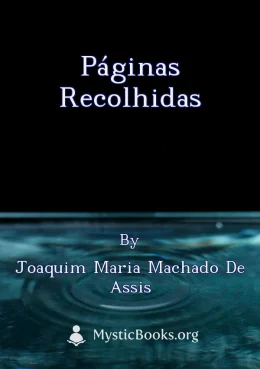
Páginas Recolhidas by Joaquim Maria Machado de Assis
“Páginas Recolhidas” é uma coletânea de contos e ensaios escritos pelo renomado autor brasileiro Machado de Assis. O livro reúne algumas das obras mai...
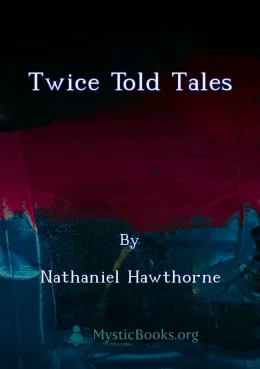
Twice Told Tales by Nathaniel Hawthorne
Nathaniel Hawthorne's *Twice-Told Tales* is a collection of short stories that explore themes of sin, guilt, and the dark side of human nature. Set pr...

Estrelas Propícias by Camilo Castelo Branco
Estrelas Propícias, a novel by Camilo Castelo Branco, delves into the complexities of 19th-century Portuguese society. The story unfolds around a cent...
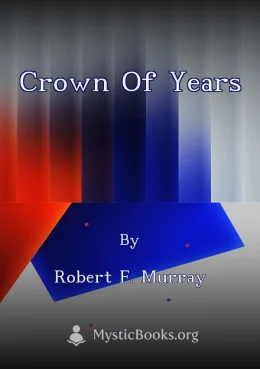
Crown of Years by Robert F. Murray
Crown of Years is a collection of poems by Robert Fuller Murray, a Victorian poet who spent most of his life in St Andrews, Scotland. Murray's poems...

Rover Vol. 01 No. 05 by Lawrence Labree
The Rover was a weekly magazine published in the 19th century that featured a mix of tales, poetry, and engravings. It aimed to provide high-quality l...

Juanita la larga by Juan Valera
Juanita la Larga is a novel set in the Spanish village of Villalegre that explores the themes of social class, prejudice, and age difference in the co...
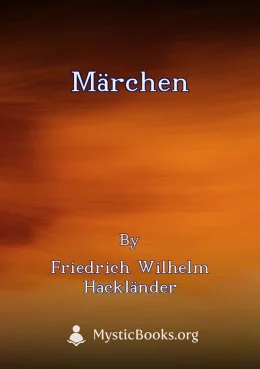
Märchen by Friedrich Wilhelm Hackländer
Friedrich Wilhelm Hackländer's "Märchen" (Fairy Tales) presents a collection of seven captivating stories, each crafted in a beautiful and evocative l...
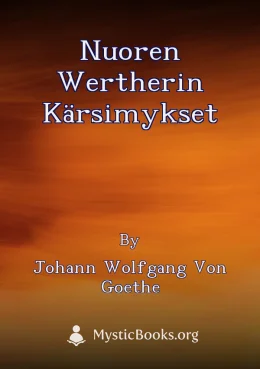
Nuoren Wertherin kärsimykset by Johann Wolfgang von Goethe
The Sorrows of Young Werther is a seminal work of German literature and a key text of the Sturm und Drang movement. Written in the form of letters, th...
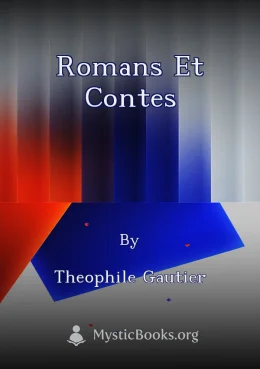
Romans et contes by Theophile Gautier
This collection of stories by Théophile Gautier explores themes of the supernatural, hallucinations, and erotica. It includes two longer fantastical t...
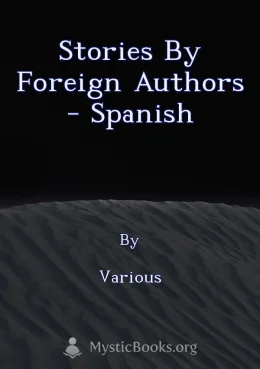
Stories by Foreign Authors - Spanish by Various
This collection brings together five captivating short stories originally written in Spanish by renowned authors. These stories offer a diverse range...
Reviews for A Hero of Our Time
No reviews posted or approved, yet...